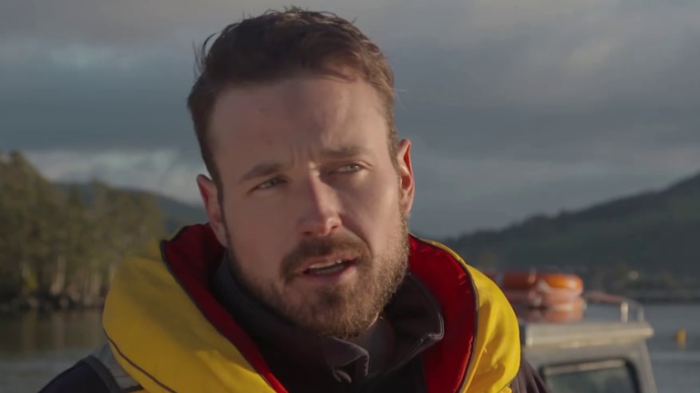Setter sin lit til statsråden
Oppdrettsselskapet Cermaq anker Fiskeridirektoratets beslutning om å tildele bare fire konsesjoner til utvikling av det nyskapende oppdrettssystemet iFarm, inn for departementet.
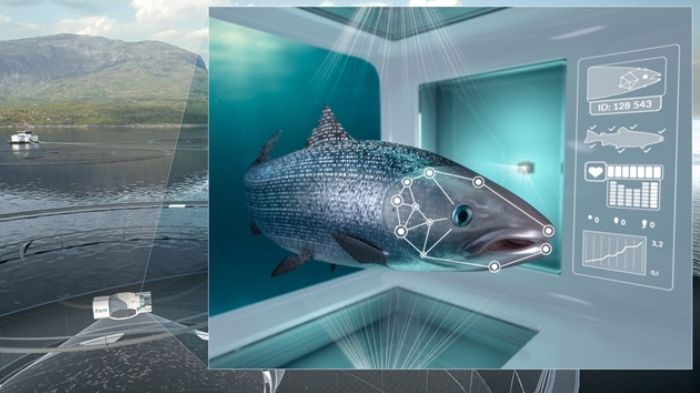
Oppdrettsselskapet Cermaq anker Fiskeridirektoratets beslutning om å tildele bare fire konsesjoner til utvikling av det nyskapende oppdrettssystemet iFarm, inn for departementet.

As the first business partner and a founding patron to the action platform, Cermaq has been active in the formation of the UN Global Compact Action Platform for Sustainable Ocean Business. The action platform is launched today, on the World Oceans Day, at the United Nations headquarters in New York.
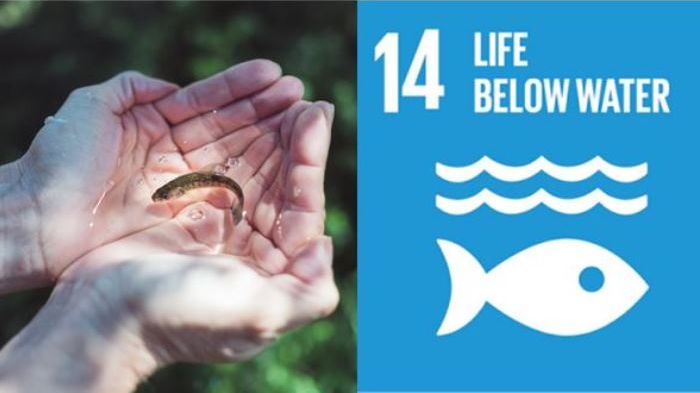
Steady sustainability performance characterizes this quarter. Cermaq, the most transparent sea food company globally, continues its commitment to contributing to the UN's Sustainable Development Goals.
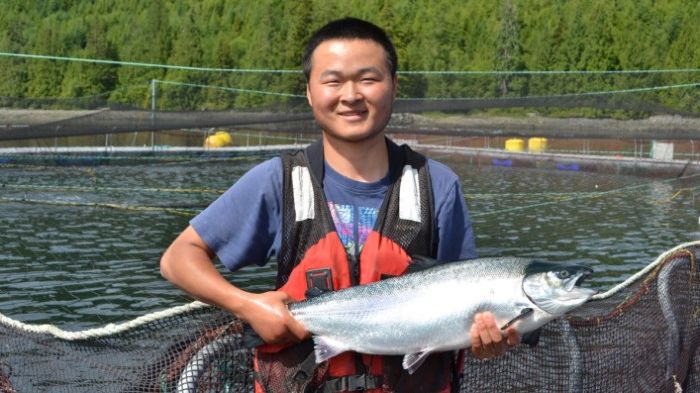
Contributing to meeting the UN sustainability goals is fundamental to Cermaq, and the report presents the sustainability performance in 2017, that when combined with Cermaq’s partnerships is essential to scale up the impact of Cermaq’s sustainability activities, including a new UN initiative on oceans.
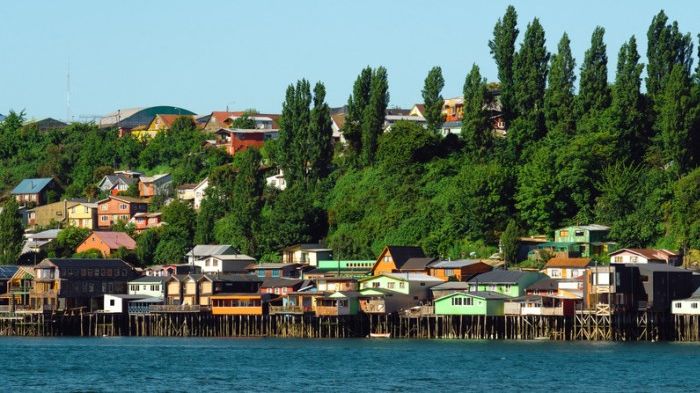
THE PATH TO THE FUTURE WE ALL WANT – STARTS WITH TRANSPARENCY. The Global Salmon Initiative (GSI) continues on its pathway to a more sustainable future for aquaculture, today releasing its 5th set of transparent sustainability data via its online reporting platform.
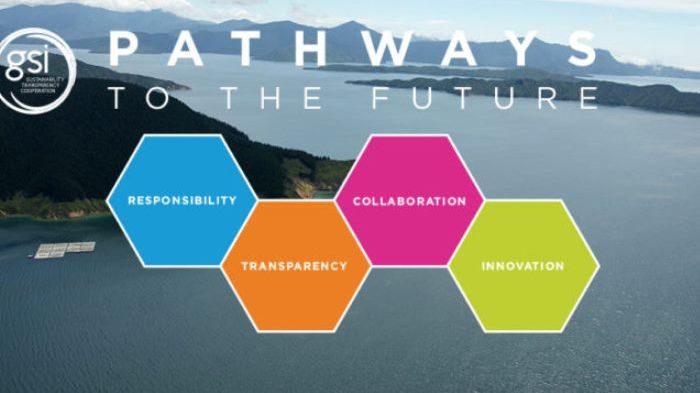
Good fish health and low mortality are important in our salmon farming. The survival rate for our fish for the full year 2017 spanned from 94 % to 96% in our operating regions. Cermaq had no escapes in the last quarter of 2017, neither so far in 2018.
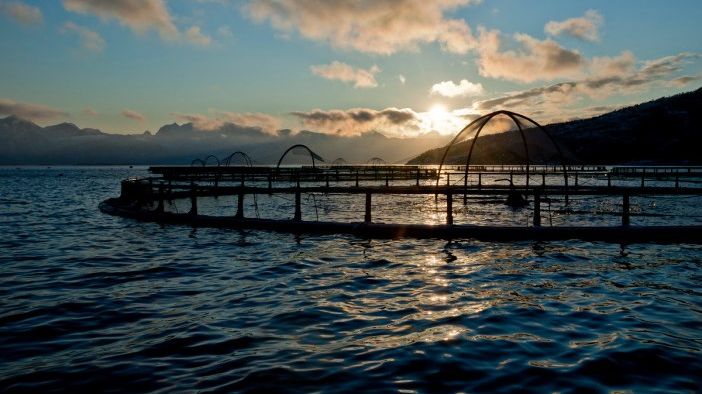
UN Global Compact, The Norwegian Government, and engaged companies announced today the launch of the Business Action Platform for Oceans. For the first time business will take a leading role in addressing ocean sustainability in the UN. The platform will be formally based in the UN Global Compact, the private sector initiative of the UN.
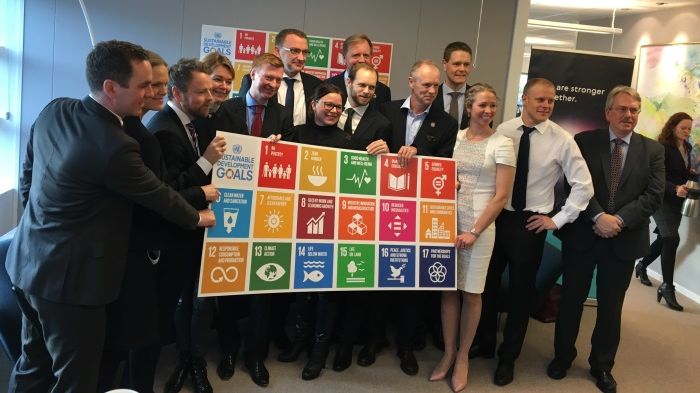
Good fish health and low mortality are important in our farming. The annual mortality in Cermaq’s global operations spans from 4 % to 6%. Although the relevance can be discussed, for comparison 6 % is the same level as the annual mortality in Norwegian lamb production*.
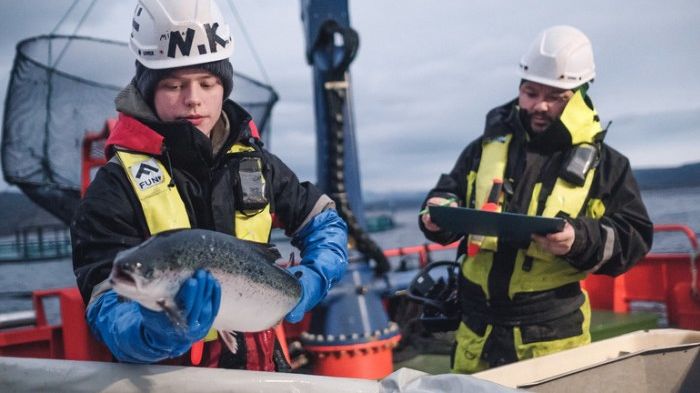
Cermaq aims to be leading in technology development that contributes to sustainable food production. FlexiFarm is a floating closed containment system based on flow-through technology. FlexiFarm strengthens the competitive advantages of fish farming in coastal areas and addresses the concerns raised by politicians, authorities, NGOs, our customers, and not at least by the industry itself.
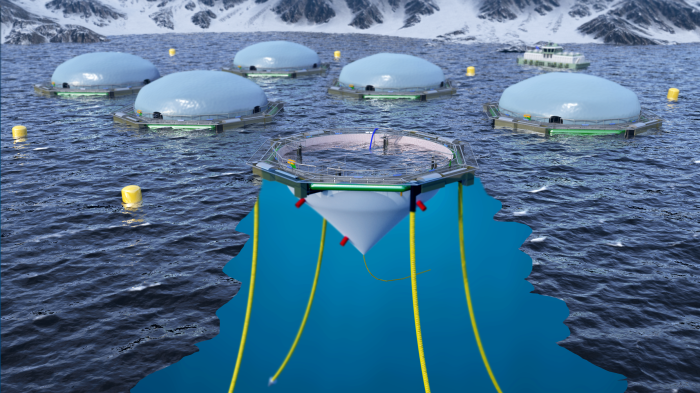
The Directorate of Fisheries has found that Cermaq’s iFarm concept to be within the scope of the Norwegian development licenses system. Cermaq has applied for ten licenses to implement the technology that will reduce the environmental footprint of farming and bring fish welfare and fish health to a new level as each fish is being individually monitored.
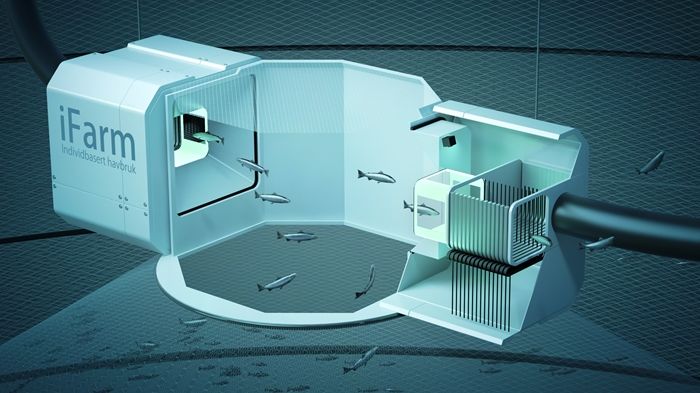
Bendik Fyhn Terjesen has joined Cermaq’s R&D team as Innovation Manager. He will focus on technologies for advanced controlling of farming including closed systems on shore and in the ocean.
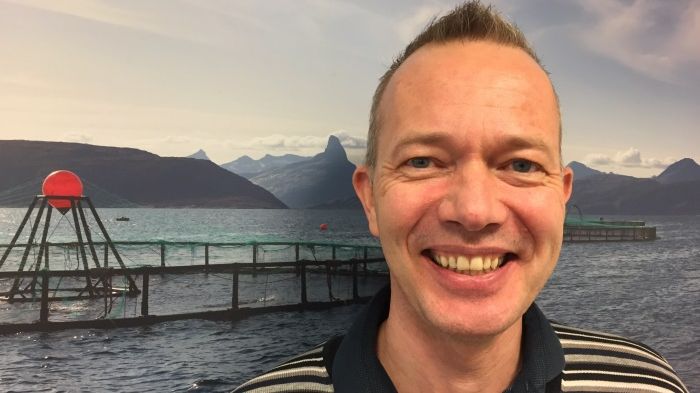
Cermaq Norway's summer campaign removed 200 cubic meters or 200,000 litres of plastic, from our beaches in the region. "The plastic campaign was a great success. We want to provide youth with working opportunities and cleaning beaches is important task. This is a win-win situation and we are definitely going to repeat this next summer" says HSE coordinator Torbjørn Hjerto.
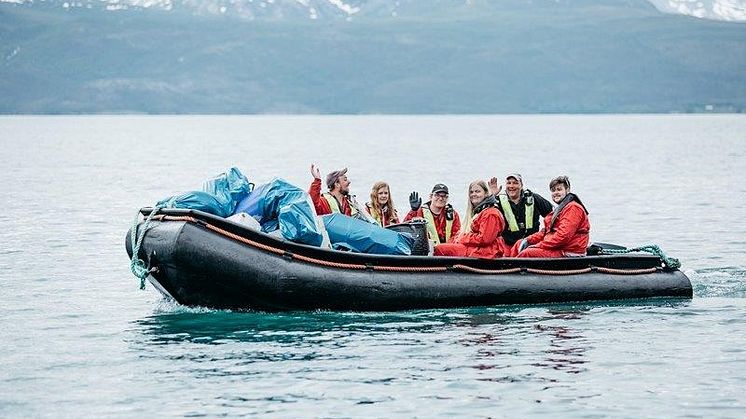
Cermaq has published quarterly sustainability results on key indicators related to fish health, environmental and social topics in our operations since beginning of 2016. The quarterly sustainability results for April - June show low mortality level; for the last 12 months 4.4 % in Norway, 5.9 % in Canada, and ranging between the three species from 3%-6.8% in Chile.
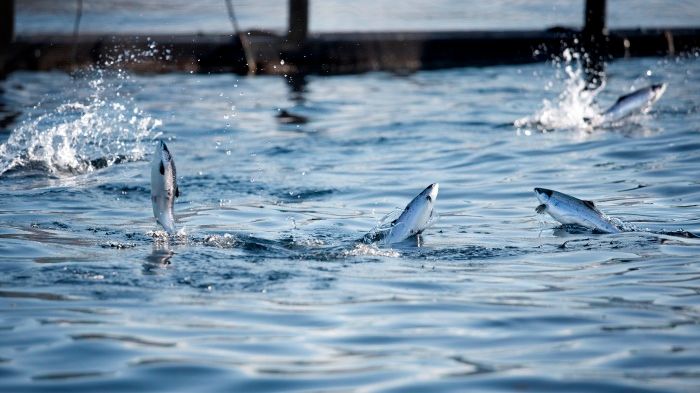
Cermaq holds the # 1 position in Seafood Intelligence’s annual transparency benchmark report 2017. Cermaq is unique by having external assurance of its sustainability report and also publishing quarterly sustainability performance results.
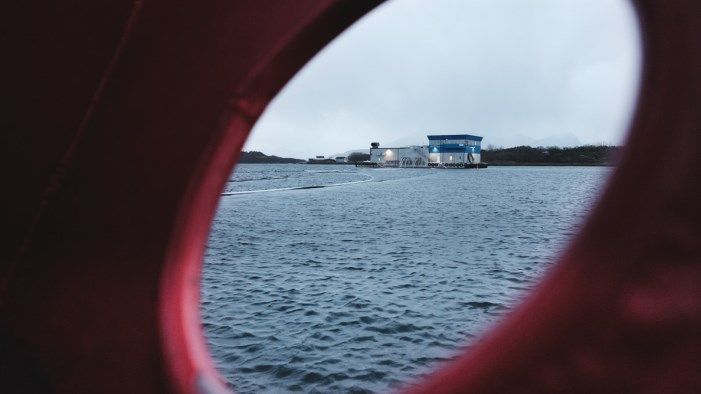
“Aquaculture is the source of animal protein with the lowest carbon footprint, and this fact tells us that aquaculture must be a key part of the future food system”, said Cermaq’s CEO Geir Molvik in the panel Food can fix it at EAT Forum today.
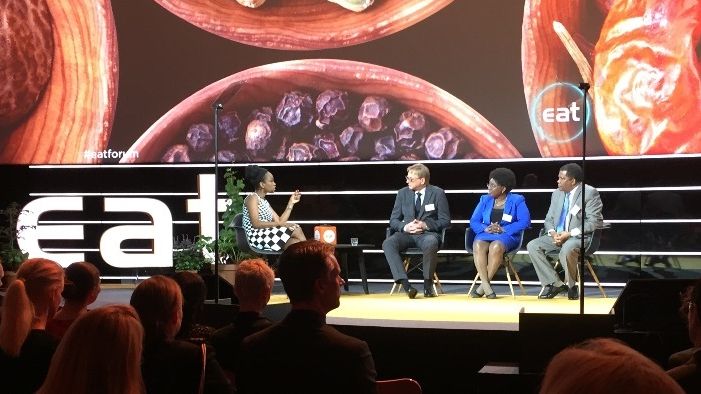
ASC, the strictest standard for sustainable production of salmon, is now recognized by Monterey Bay Aquarium as “good alternative”. Cermaq supplies ASC certified salmon from Canada, Chile and Norway.
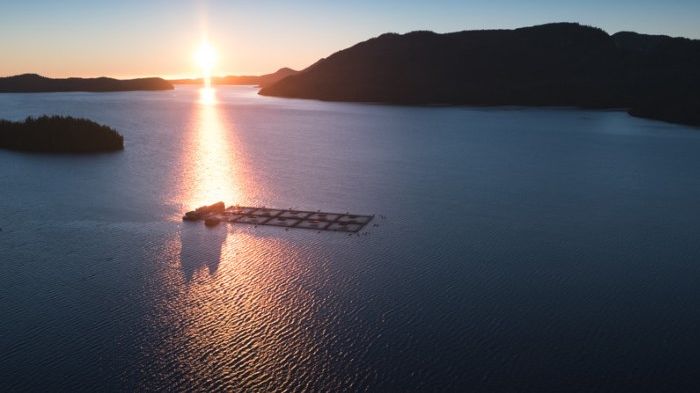
The sustainability performance in Q1 (January-March) shows strong performance on the social indicators in all regions whereas the performance on fish health and environment reflects the local operational challenges in each region.

Driving industry-wide improvements in sustainability through greater transparency and cooperation, the GSI members continue to raise the bar in industry performance by publishing the third annual sustainability report, which highlights that one-quarter of all GSI farms are now ASC certified
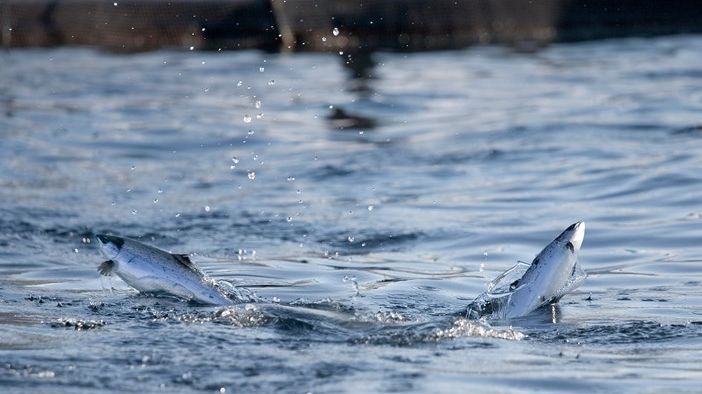
The UN Sustainable Development Goals (SDGs) were integrated into Cermaq’s strategy in 2016, and forms a central part of the framework for Cermaq’s annual sustainability report. The 2016 sustainability report is Cermaq’s seventh GRI-report and is written in accordance with the new GRI Standards. As previous years, the report has been externally audited.
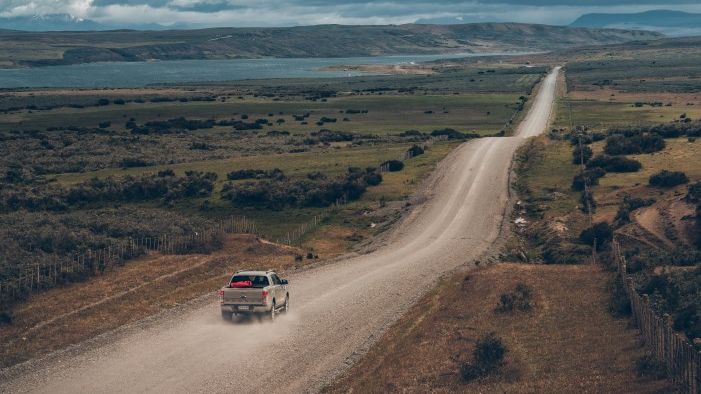
Since May 2016 David has held the title of Regional Production Manager overseeing the marine production and processing operations in Tofino. He has trained as an as aquaculture technician, and studied Executive Management from Melbourne University and through Harvard Business School.
